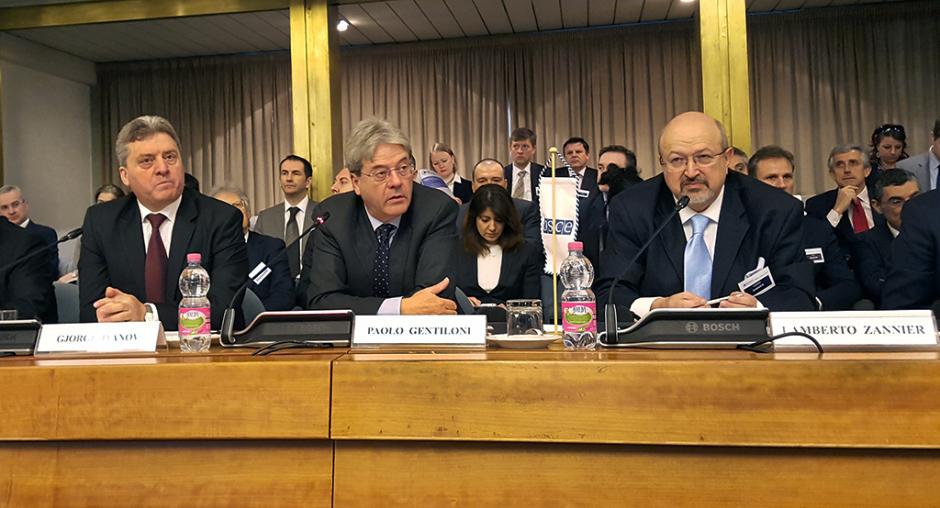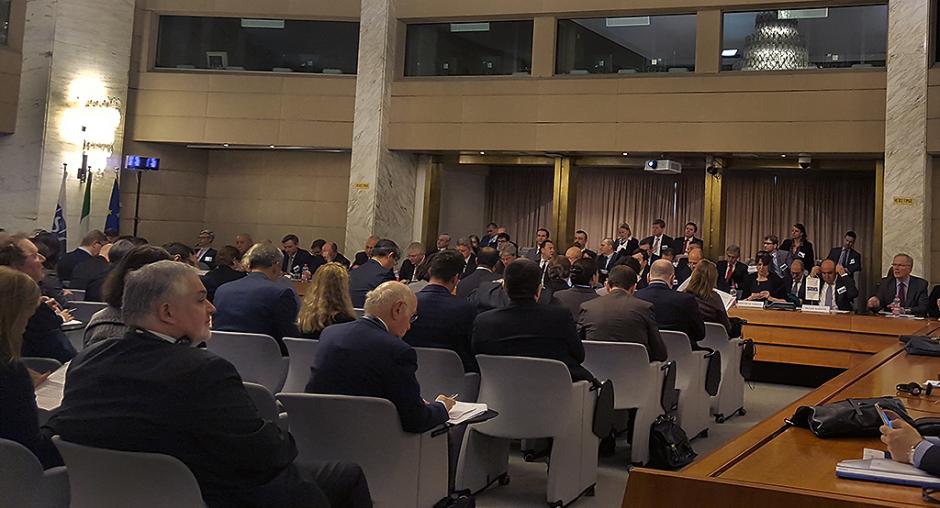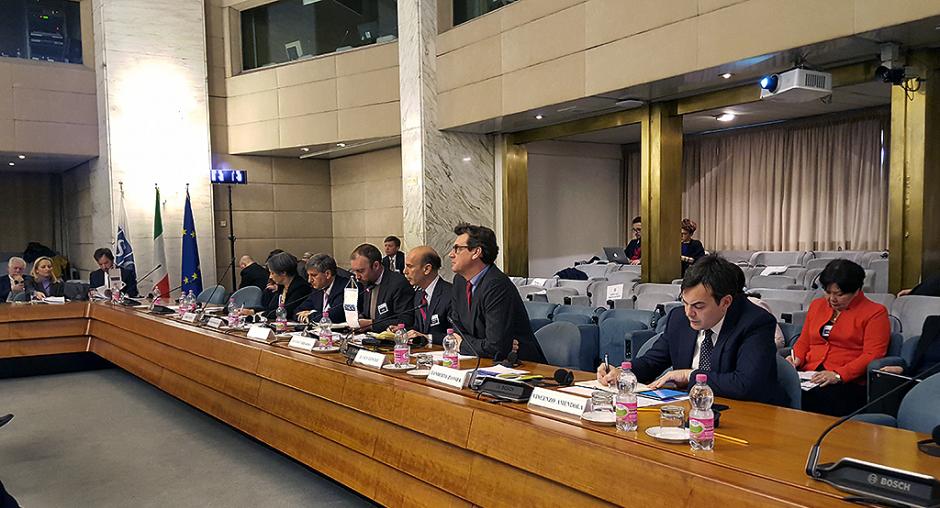Security Days: Refocusing Migration and Security - Bridging National and Regional Responses
When
Where
Organized by
The objective was to identify policy areas in which the OSCE can make a difference while complementing the work of its international partners. The overall objective was to shed light on changing migration realities and emerging security needs while calling into question approaches that tend to securitize national and regional responses to the challenges created by the movement of people.
The conference took place against the backdrop of mounting migration flows which pose security challenges but also opened up opportunities for regional co-operative approaches. It discussed the link between security and migration, highlighted the many security angles and policy tools that have been involved in a comprehensive and effective response, as well as the multifaceted impact of the phenomenon on states and communities.
The United Nations Refugee Agency estimates that in 2015 the number of refugees, asylum seekers, and internally displaced persons worldwide exceeded 50 million people, the highest number since World War II.
The international movement of people has been a key issue of political debate within the OSCE area since the Conference on Security and Co-operation in Europe was convened in the early 1970s. In recent years, OSCE Ministerial Council Decisions No. 2/05 Migration (Ljubljana, 2005) and No. 5/09 Migration Management (Athens, 2009) both stressed the need to adopt effective policies to manage migration as a driver for economic development and stability. As a result, comprehensive labour migration management and migration data collection and harmonization have become key areas of OSCE expertise and action.
The event engaged senior officials from governments and international organizations, eminent experts and leading practitioners from academia and civil society in a wide-ranging, action-oriented debate. It also saw the participation of members of the OSCE-related Track II New-Med network.








